This article was co-authored by Zora Degrandpre, ND. Dr. Zora Degrandpre is a Natural Health Doctor and Licensed Naturopathic Physician in Vancouver, Washington. She is a grant reviewer for the National Institutes of Health and the National Center for Complementary and Alternative Medicine. She received her ND from the National College of Natural Medicine in 2007.
There are 12 references cited in this article, which can be found at the bottom of the page.
This article has been viewed 27,728 times.
Anemia is a condition where your body doesn’t produce enough hemoglobin, an important part of red blood cells, and can't carry sufficient oxygen throughout your body.[1] This is usually because of a nutrient deficiency in your diet or a chronic condition that prevents you from absorbing iron properly. It sounds dangerous, but it’s actually a very common condition that is often easy to treat. Many of the treatment suggestions are entirely natural, and usually involve redesigning your diet to get the nutrients that you’re missing. If your anemia is from a chronic condition, then you may need medication to treat that condition. Stay in touch with your doctor and follow their instructions for the best treatment approaches.
Steps
Changing Your Diet
The most common forms of anemia are nutrition-based. If your diet doesn’t include enough iron, vitamins, and folic acid, your body won’t be able to produce enough hemoglobin to function properly. The most direct way to treat this type of anemia is with dietary adjustments. Boosting the amount of iron, vitamins, and folic acid in your diet can replenish your hemoglobin supply and cure the condition. Your doctor may also tell you to take dietary supplements if your regular diet isn’t providing enough nutrients.
-
1Eat iron-rich foods to keep your hemoglobin up. Iron is the main component of hemoglobin, so design a diet around healthy, iron-rich foods.[2] Men need about 8 mg daily, and women need about 18 mg.[3]
- Animal sources for iron include red meat, seafood, and organ meats.
- Plant sources rich in iron include beans, broccoli, nuts, spinach, whole grain bread, and fortified cereals.
- You need a lot more iron if you're pregnant. Pregnant women should get around 30 mg each day.
-
2Get plenty of vitamin C to aid in iron absorption. Vitamin C doesn’t directly treat anemia, but it helps your body absorb iron. Eat plenty of citrus fruits, berries, melon, leafy green vegetables, bell peppers, tomatoes, and potatoes.[4]Advertisement
-
3Add vitamin B12 to your diet to support hemoglobin production. A deficiency in vitamin B12 could also cause anemia, so be sure to include plenty of these sources in your diet. Eat seafood, red meats, dairy products, eggs, and poultry.[5]
-
4Include folic acid-rich foods to build healthy cells. Folic acid helps your body produce hemoglobin, and a deficiency could trigger anemia. Good sources include leafy green vegetables, oranges, red meats, beans, peanuts, lentils, and peas.[6]
- Many of the same foods that contain vitamin B12 also contain folic acid, so you can take care of both nutrients in single meals or servings.
-
5Take supplements for all of these nutrients if your doctor tells you to. If you have nutrient deficiencies, then it’s possible that your regular diet won’t treat the anemia sufficiently. In this case, your doctor will probably recommend that you take an iron or folic acid supplement, or multivitamin tablets to replace the nutrients.[7]
- Don’t start taking dietary supplements without talking to your doctor first.
Maximizing Iron Absorption
Getting the right nutrients is an important part of treating anemia, but it’s not the only part. You also have to support your body and make sure it absorbs all of the nutrients you’re eating. There are a few foods and conditions that could inhibit iron absorption, so take the following steps to avoid that outcome.
-
1Stay hydrated with 8-10 glasses of water per day. Dehydration could trigger anemia or make it worse by preventing your body from absorbing nutrients. Make sure to drink at least 8-10 glasses of water per day so your body operates smoothly.[8]
- This recommended amount is just a guideline. You might need more if you exercise or live in a hot climate.
-
2Drink caffeine in between meals instead of with the meal. Caffeine could inhibit your body from absorbing iron and other nutrients, so it’s better to have caffeinated drinks before or after meals rather than with them.[9]
-
3Wash your hands regularly to avoid getting sick. Anemia could leave you more susceptible to infections, and some diseases could even trigger the condition. Washing your hands often is the best way to avoid getting sick.[10]
- Keeping your vitamin C and B12 intake up with also help you fight infections.
-
4Take antacids 2-4 hours before or after taking iron supplements. The calcium in antacids can also prevent your body from absorbing iron properly. Space out your doses and leave at least 2-4 hours between your iron supplements and antacids.[11]
- Follow the same rule if you take calcium supplements, because they have a similar effect.
When to See Your Doctor
While anemia doesn’t usually cause serious harm, it’s still a medical condition that requires a doctor’s attention. This is especially important because some anemia cases are from chronic conditions or diseases rather than your diet, meaning you can’t easily treat them yourself. If you do have anemia, then it’s overall best practice to visit your doctor regularly and follow their instructions for handling the condition.
-
1Visit your doctor for an exam if your anemia symptoms worsen. The common anemia symptoms are fatigue and weakness, irregular heartbeat, headaches, dizziness, and shortness of breath.[12] If these symptoms get worse or appear suddenly, you should see your doctor to test for anemia.
- The doctor can confirm whether or not you’re anemic with a simple blood test.
-
2Avoid taking dietary supplements without your doctor’s instructions. While supplements can be an important part of your treatment, you should only take them exactly as your doctor instructs you to so you know it’s safe.[13]
-
3Consult a dietitian if you don’t know which foods to eat. Making big dietary changes can be overwhelming. If you don’t know where to start, then a dietitian can help design the perfect diet for to treat your condition.[14]
-
4Follow your doctor’s instructions to treat chronic conditions. Anemia from a chronic condition won’t necessarily respond to dietary changes until you treat the underlying issue. Follow the treatment regimen that your doctor prescribes for any health conditions you have to fight the anemia.[15]
- In some cases, your doctor might order a blood transfusion to give you a boost of hemoglobin.
- For sickle cell anemia, you’ll probably be given prescription medications to treat the condition.
Medical Takeaways
The primary treatments for anemia – dietary changes and health supplements – are entirely natural and usually effective for curing the condition. Unless your anemia is from a chronic condition, then you probably won’t need any specific medications or procedures to treat it. However, you should still go to the doctor for an exam if you suspect that you’re anemic. The doctor can then test you, confirm the condition, and inform you about the best treatment program for you.
References
- ↑ https://medlineplus.gov/anemia.html
- ↑ https://health.clevelandclinic.org/how-to-add-more-iron-to-your-diet/
- ↑ https://www.nhs.uk/conditions/vitamins-and-minerals/iron/
- ↑ https://my.clevelandclinic.org/health/diseases/3929-anemia
- ↑ https://www.hopkinsmedicine.org/health/conditions-and-diseases/vitamin-b12-deficiency-anemia
- ↑ https://www.hopkinsmedicine.org/health/conditions-and-diseases/folate-deficiency-anemia
- ↑ https://my.clevelandclinic.org/health/drugs/14568-iron-oral-supplements-for-anemia
- ↑ https://my.clevelandclinic.org/health/diseases/3929-anemia/prevention
- ↑ https://www.mcgill.ca/oss/article/can-coffee-inhibit-absorption-iron
- ↑ https://my.clevelandclinic.org/health/diseases/3929-anemia/prevention
- ↑ https://medlineplus.gov/ency/article/007478.htm
- ↑ https://www.nhlbi.nih.gov/health/anemia/symptoms
- ↑ https://my.clevelandclinic.org/health/drugs/14568-iron-oral-supplements-for-anemia
- ↑ https://my.clevelandclinic.org/health/diseases/3929-anemia/prevention
- ↑ https://my.clevelandclinic.org/health/diseases/14477-anemia-of-chronic-disease
About This Article
If you have anemia caused by an iron deficiency, the easiest way to treat it is by adding 2 to 3 servings of iron-rich foods like red meat, spinach, and tofu to your diet every day. In addition to adding iron to your diet, avoid foods like coffee, tea, or cocoa, because they can actually lower the amount of iron your body absorbs. If your anemia is caused by a vitamin B12 deficiency, eat more eggs, yogurt, and salmon, as these foods are full of vitamin B12. Adjusting your diet might not be enough to treat your anemia, in which case you should talk to your doctor about taking a supplement or multivitamin with your meals. For more advice from our Medical co-author, including how to recognize the symptoms of anemia, scroll down.
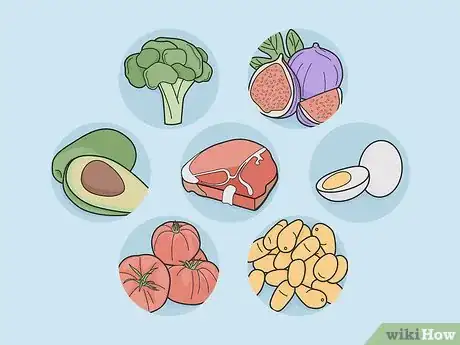
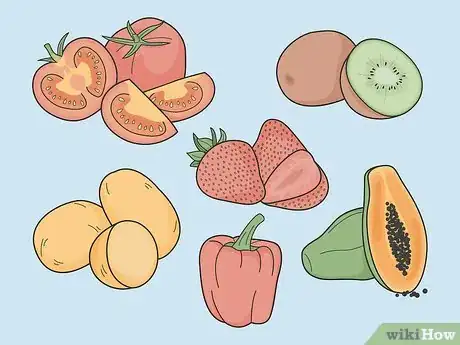
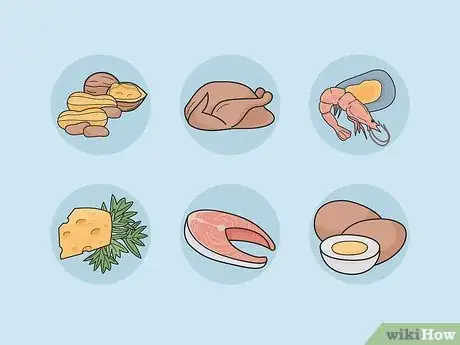
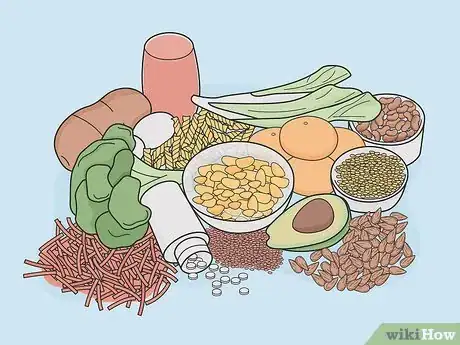
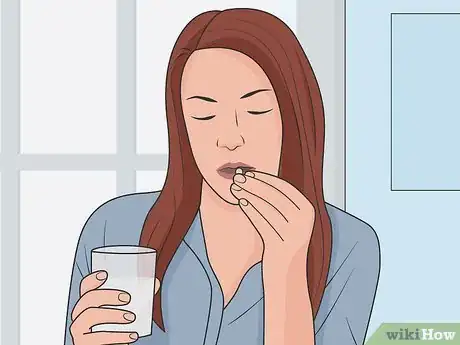
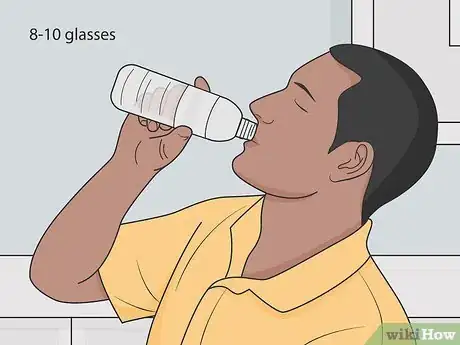
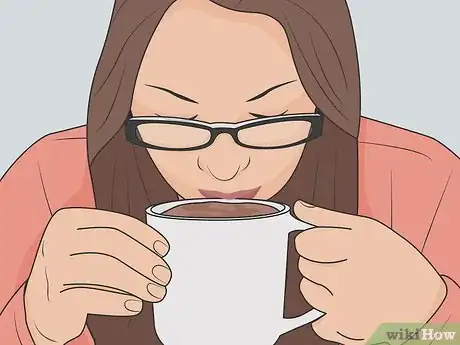
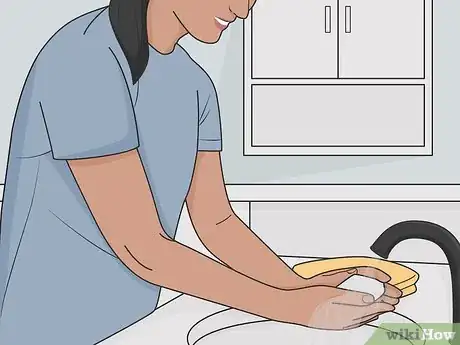
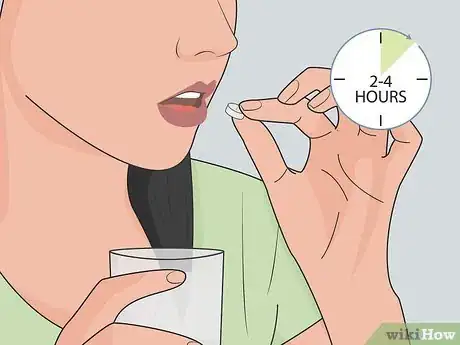
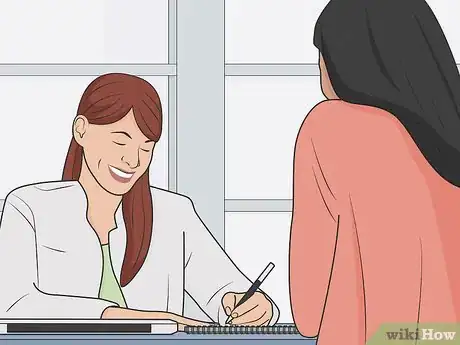

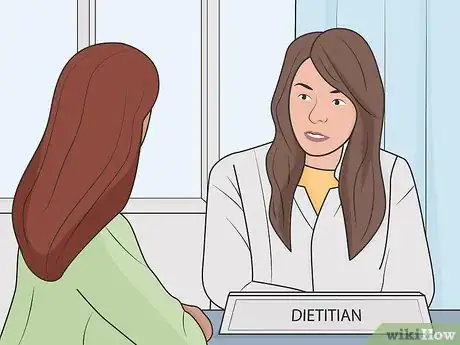
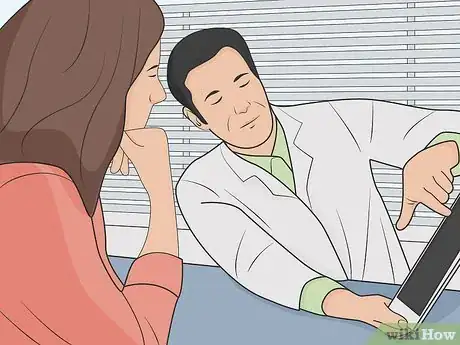

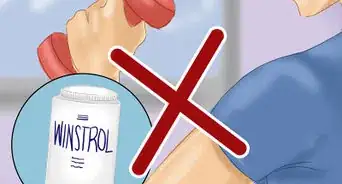

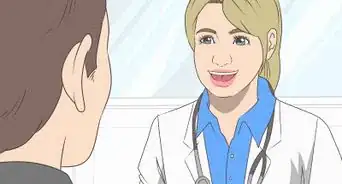
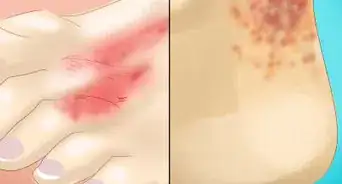
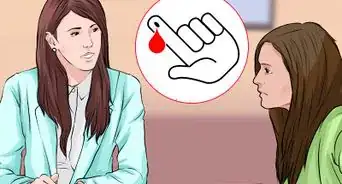
-Step-22.webp)








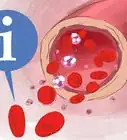
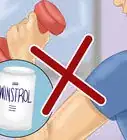

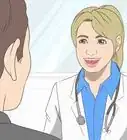




































Medical Disclaimer
The content of this article is not intended to be a substitute for professional medical advice, examination, diagnosis, or treatment. You should always contact your doctor or other qualified healthcare professional before starting, changing, or stopping any kind of health treatment.
Read More...